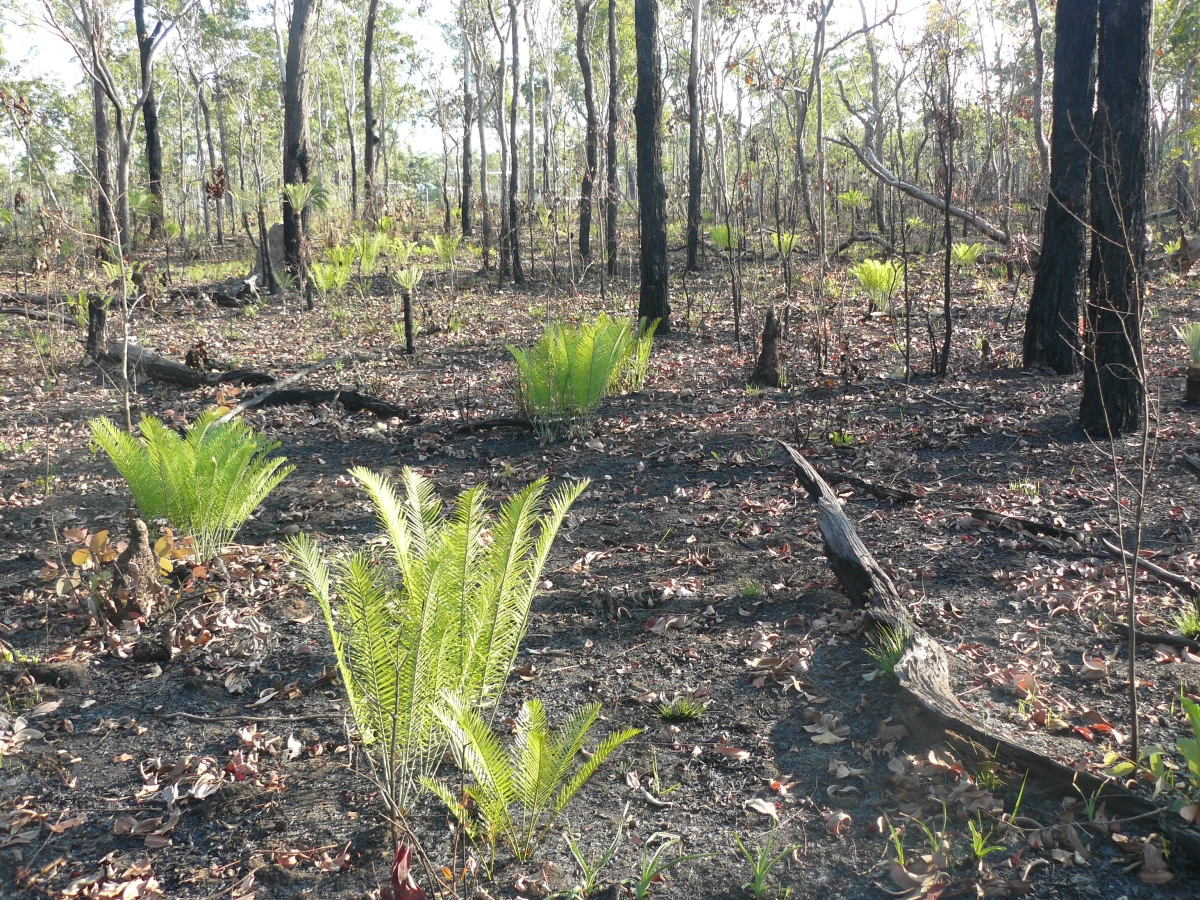This is not a rhetorical question. I really do want to solicit responses to the aspects I will raise in this post, because I have to admit that I’m a little unclear on the subject.

Preamble — While I do not intend to deflate the value of any particular academic society, I’m sure some might take offence to the mere notion that someone would dare challenge the existence of academic societies. I confess to have belonged to several academic societies in my career, but haven’t bothered for some time given the uncertainties I describe below.
A Subjective History
In my view, the academic society represented an important evolutionary step in the organisation of thematic collegiality. As disciplines became ever more specialised, it was an opportunity to unite like-minded colleagues and support new generations of academics in the field.
In the pre-internet days, academic societies provided the necessary fora to interact directly with one’s peers and advance. They also published thematic journals, organised field trips, garnered funds for scholarships, recognised prowess via awards, and crafted and promulgated constitutions on issues as varied as academic behaviour, societal warnings, governance, and politics.
Face-to-face meetings were indeed the primary vehicle for these interactions, and are a mainstay even in today’s pandemic world (but more discussion on the modern implications of these below).
Peer-reviewed disciplinary journals were arguably one of the most important products of the academic society. Back before academic publishing became the massive, profit-churning, mega-machine rort that it is today, such journals were integral to the development of different academic fields.
Read the rest of this entry » A modified excerpt from my upcoming book for you to contemplate after your next
A modified excerpt from my upcoming book for you to contemplate after your next 
 We scientists can unfortunately be real bastards to each other, and no other interaction brings out that tendency more than peer review. Of course no one, no matter how experienced, likes to have a manuscript rejected. People hate to be on the receiving end of any criticism, and scientists are certainly no different. Many reviews can be harsh and unfair; many reviewers ‘miss the point’ or are just plain nasty.
We scientists can unfortunately be real bastards to each other, and no other interaction brings out that tendency more than peer review. Of course no one, no matter how experienced, likes to have a manuscript rejected. People hate to be on the receiving end of any criticism, and scientists are certainly no different. Many reviews can be harsh and unfair; many reviewers ‘miss the point’ or are just plain nasty.






Rocking the scientific boat
14 12 2012© C. Simpson
One thing that has simultaneously amused, disheartened, angered and outraged me over the past decade or so is how anyone in their right mind could even suggest that scientists band together into some sort of conspiracy to dupe the masses. While this tired accusation is most commonly made about climate scientists, it applies across nearly every facet of the environmental sciences whenever someone doesn’t like what one of us says.
First, it is essential to recognise that we’re just not that organised. While I have yet to forget to wear my trousers to work (I’m inclined to think that it will happen eventually), I’m still far, far away from anything that could be described as ‘efficient’ and ‘organised’. I can barely keep it together as it is. Such is the life of the academic.
More importantly, the idea that a conspiracy could form among scientists ignores one of the most fundamental components of scientific progress – dissension. And hell, can we dissent!
Yes, the scientific approach is one where successive lines of evidence testing hypotheses are eventually amassed into a concept, then perhaps a rule of thumb. If the rule of thumb stands against the scrutiny of countless studies (i.e., ‘challenges’ in the form of poison-tipped, flaming literary arrows), then it might eventually become a ‘theory’. Some theories even make it to become the hallowed ‘law’, but that is very rare indeed. In the environmental sciences (I’m including ecology here), one could argue that there is no such thing as a ‘law’.
Well-informed non-scientists might understand, or at least, appreciate that process. But few people outside the sciences have even the remotest clue about what a real pack of bastards we can be to each other. Use any cliché or descriptor you want – it applies: dog-eat-dog, survival of the fittest, jugular-slicing ninjas, or brain-eating zombies in lab coats.
Read the rest of this entry »
138.603034
Share:
Comments : 10 Comments »
Tags: comments, conspiracy, peer review, publishing, referees, responses, scientific process, Scientist
Categories : climate change, conservation, conservation biology, environmental science, fragmentation, habitat loss, minimum viable population, mvp, research, science, scientific publishing, scientific writing